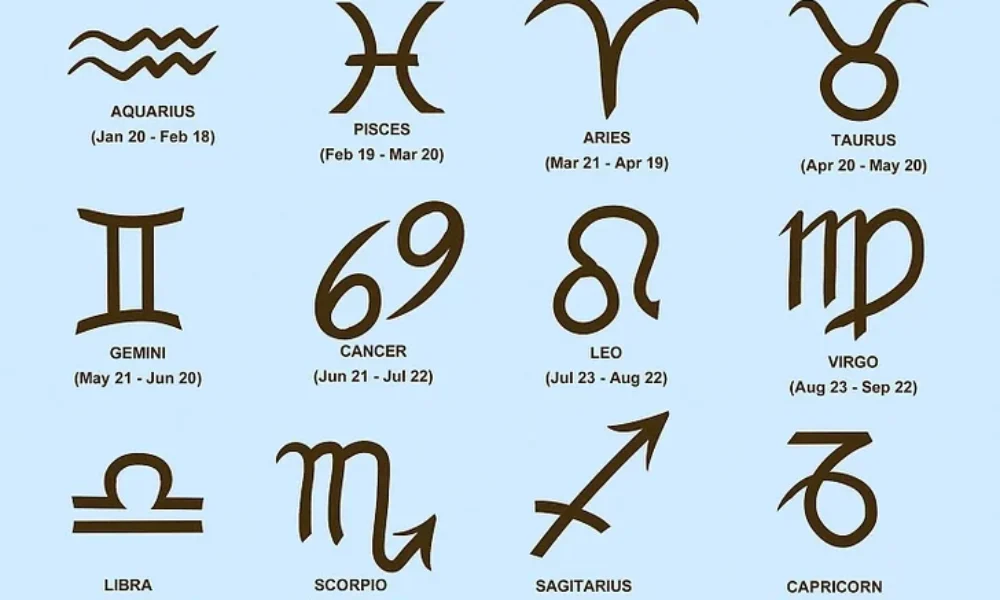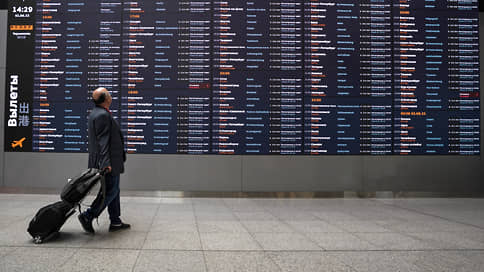After disappointing games, Dutch top judo is being overhauled
/s3/static.nrc.nl/images/gn4/stripped/data131286934-cba2e6.jpg)
No athlete likes to talk about administrative stuff, certainly not just before a European Championship. Nevertheless, the unrest at the Judo Bond Nederland (JBN) predominates the press moment of the Judo team in Papendal, just before the European championships, in Montenegro this week. The Judobond is fully working on the future.
But Judoka Jur Spijkers (28) is not wearing that at the moment. He is at the European Championship without a coach, he says at Papendal. Just like Simeon Catharina (27, -100 kilograms). They only have ‘a point of contact’ in a different, non-Olympic coach. Not ideal, they think. Spijkers: « After years of experience I know 90 percent myself, but for the latter 10 percent it is nice if a coach can give you a kick under your ass. »
No Olympic medals
All the unrest started last year, after the Olympic Games in Paris. For the first time since 1984, the Judo team returned without Olympic medal. A downright disappointing result that had many consequences. Director Topsport Gijs Ronnes resigned, and the contract of three of the four national coaches was not extended.
Various changes are still coming. A striking one: the selection of top judokas that train together on Papendal is getting a lot smaller. This decision stems from one Advisory report from interim top sport manager Anthonie Wurth.
Reducing the group is a striking step. Nine years ago it was decided to ‘centralize’ Dutch judo. A large group of judokas was brought to Papendal to train together, as previously successfully happened in athletics.
Now that club is reduced top athletes again: only judokas who can belong to the global top 3 can stay. In practice, it is not yet clear who falls under it. The new director Topsport at the Judobond, former Judoka and former world champion Guillaume Elmont, has to do that. He starts in May.
Then there is the issue of the coaches. New coaches must only be appointed around the World Cup in June. Heavyweight Jur Spijkers says he understands that there is time to find suitable new people. But, he says, he is also disappointed with his current situation without coach.
What happened in the Dutch Judo?
Eastern bloc countries Dominater
Anyone who goes on the headlines could think that the Netherlands is completely on the ground in the judo. Many judokas don’t think so. Spijkers: « What many people forget is that ten, twenty years ago many Eastern Bloc countries were not as strong as now. They have developed further. » The top, including traditional judo greats such as France and Japan, « has become much bigger. »
The result of the Games was « not good », Nails acknowledges. « But Joanne van Lieshout (-63 kilos) became world champion last year. In 2022, Michael Korrel (-100 kilos) and I, for example, became European champions. It is not that we suddenly can no longer judo. »
Interim top sports manager Wurth sees that too. « The games were disappointing. But if I look at the world rankings, we don’t do it badly. »
At the same time, the most important judo heights for the Netherlands are already far in the past. « Anton Geesink became Olympic champion in 1964, » says Wurth. ‘Sydney’, where Mark Huizinga was the last Dutchman to win an Olympic judo title, is also twenty -five years ago. The sport is changing. For example, the judo style in the Eastern Bloc countries is struggling closer, and Dutch judokas have to respond to that. « We have to train differently, better, smarter. »
It is « 100 percent true that competition has become stronger, » says Judoka Sanne van Dijke (29), who in recent years in her class was up to 70 kilos for various European Championship and World Cup medals and won Olympic bronze in Tokyo in 2021. « It will always be more exception than the rule that we take medals from strong countries such as France and Japan, or Russia and Georgia for men. But you can certainly be critical of me: we have the potential to win more Olympic medals. »
‘Two enthusiastic men’
Only the criticism, including former national coach Cor van der Geest, is very strong on centralization, says Van Dijke. « But at the 2016 Games in Rio, the Netherlands also won one bronze medal. »
But what has been the influence of nine years Papendal? The centralization had to professionalize the sport at the time. « Judo Hing, just charged, to each other from two enthusiastic men, » says former Judoka Koen van Nol: former national coach Van der Geest and co-Olympic coach Chris de Korte, both owners of the two most important judo schools in the Netherlands.
Sportkoepel NOC-NSF sent on the move to Papendal. Van Nol, coach at Van der Geests Judo School Kenamju in Haarlem: « The idea was: Let the best train with the best, under the best conditions, with the best facilities, which leads to excellence. »
In itself that also works, says interim top sports manager Wurth. « For example, not every club can pay an expensive coach. On Papendal you can offer the guidance that athletes need. » He does conclude that the group is too log in Papendal. There are too many judokas who, according to him, have nothing to look for. Papendal must « really be a choice, » he says. « I know that there are guys and girls who will work at the weekend, to be able to go to a festival in the summer. Then you are not enough busy with your body. »
No more personal coaches
The coaching was also ‘not good enough’. Some of the judokas have not developed enough technically, says Wurth. He wants to overcome that with a specialized technical coach to be appointed.
Personal coaches will no longer have athletes on Papendal. They all fall under a team of supervisors, including that new technical coach. This should prevent coaches from going for their own gain (and pupil) and working poorly together, which in the past was the feeling of some judokas.
A coach can not only take care of the absolute top, says Van Nol. « Look, I understand that your coach of Sanne van Dijke wants to be. He wins. Then you have to call ‘Hup, Hup’ at a tournament for a short time. But a coach must feel responsible for the collective. Because as a Dutch judo you have to compete. Not only with the rest of the top sport in the Netherlands. »
What is clear after nine years of ‘Papendal’: the judo clubs, who have to train the new talents, have suffered from centralization. Because talents and top judokas were brought to Arnhem, the difference between the top and the subtop has grown, Judoka Simeon Catharina sees. « I used to be the best at the club, below that they looked up to me. But the group that is now there, they think they are the best. Then they come here and then you see that a too big hole has been created. »
« They felt failed »
Athletes were also brought to Papendal who were not suitable for that, says Van Nol. With all its consequences for the clubs. « Athletes from whom everyone could see: is not going to take big steps. Who were actually only there for the sparring. » When they finally had to leave again, these judokas almost never returned to their old club, says Van Nol. « Then they felt failed. » That’s a shame, he says. « The Dutch judo is too small for that. » At a club, such a athlete can be a good challenge for an up -and -coming talent.
Wurth hopes that a smaller group on Papendal will again be ‘a healthy battle’ between the top sports center and the (again amplified) clubs, in order to lift the Dutch judo to a higher level. Nowadays, Judokas can also try to get it too great through their club, although they have to pay for themselves.
What will a smaller group yield on Papendal? Van Dijke hopes, like other judokas, for more training camps abroad. That would also compensate for a smaller sparring group in Arnhem. « With a selecter group there is more budget per judoka. Maybe we can go to Asia six times, instead of once or twice last year. »
Spar
In Japan, for example, the group is to train with great training, says Van Dijke. “With one random University and there are ten girls on my weight that I am full of my hands. They are strong, good in gasket, but they pound less than the European girls. So I can make Japan much more size. »
Wurth also sees a lot in training with foreign judokas, also in the Netherlands. That is often more useful, he thinks, than training with the same group on Papendal. Despite stubborn rumors that some of the athletes do not want to train together, such as Roy Meyer and Henk Grol in the past, various judokas say that they really spar with everyone. Yet Wurth is not so impressed. After all, judokas who can meet at tournaments or who compete for one Olympic ticket, « really don’t show each other the back of their tongue in a training. I know that and I see that, » he says. « When running you walk on your own job, but with Judo you learn by having each other. »

/s3/static.nrc.nl/images/gn4/stripped/data131311492-14e1f2.jpg|https://images.nrc.nl/WHE6DtnaM_NKvUzVF4DbRWAzsI0=/1920x/filters:no_upscale()/s3/static.nrc.nl/images/gn4/stripped/data131311492-14e1f2.jpg|https://images.nrc.nl/s1DQmFbN5EZ_gncnQx7V5Ib0qRY=/5760x/filters:no_upscale()/s3/static.nrc.nl/images/gn4/stripped/data131311492-14e1f2.jpg)
:format(jpeg):fill(f8f8f8,true)/s3/static.nrc.nl/taxonomy/bf9b707-commentaar-itemafbeelding-2024.png)
/s3/static.nrc.nl/images/gn4/stripped/data130955106-94d829.jpg)


